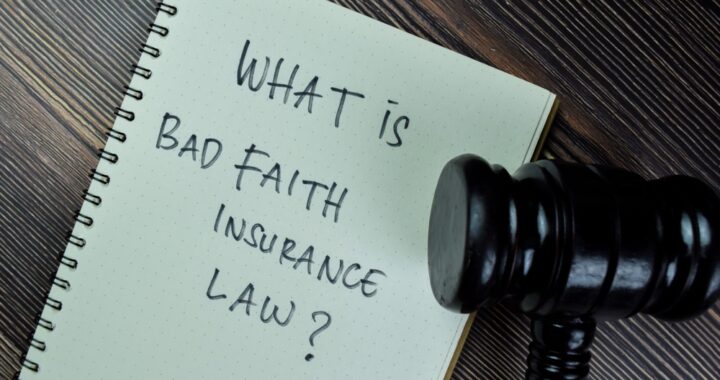Does promptly notifying your insurer of a claim matter? A recent case out of the 11th Circuit Court of Appeals answers this question in the affirmative. MAKE SURE TO PROMPTLY NOTIFY YOUR INSURER OF A POTENTIAL CLAIM.
In L. Squared Industries, Inc. v. Nautilus Ins. Co., 31 Fla.L.Weekly C529a (11th Cir. 2025), an insured owned gas stations and had a claims-made storage tank liability insurance policy. The policy provided: “You must see to it that we are notified as soon as reasonably possible, but in any event, not more than seven (7) days after the insured first became aware of, or should have become aware of a pollution condition which may result in a claim or any action or proceeding to impose an obligation on the insured for cleanup costs . . . .”
In May 2017, Florida’s Department of Environmental Protection (FDEP) inspected the insured’s gas station finding that components of an underground storage tank system were damaged and needed to be replaced. FDEP explained that testing needed to be performed to determine if a discharge occurred. Testing was performed that indicated a discharge occurred and that the gas station owner needed to have additional testing to determine the extent of contamination. Then, in June 2018, the gas station owner hired an environmental consulting firm to conduct certain assessments in connection with work at the gas station and the consulting firm discovered groundwater contamination around August 2018. The gas station owner, however, did not notify it liability insurer until April 2019 and the insurer denied the claim with a basis of denial being untimely notice. In a coverage lawsuit, the trial court granted summary judgment in favor of the insurer finding that the gas station owner was not entitled to coverage because it failed to notify its insurer within 7 days of becoming aware of the pollution condition as required by the insurance policy.
On appeal, the 11th Circuit Court of Appeals affirmed the trial court with this important analysis demonstrating that it always makes sense to PROMPTLY notify your insurer of a potential claim:
We recognize that there are no Florida cases directly addressing whether the notice-prejudice rule applies in a case where the insured provides notice during the coverage period of a claims-made policy but fails to provide that notice within a specified period of time. Where there is an absence of state-law precedent in a diversity case like this one, we “presume that [the state] courts would adopt the majority view on a legal issue in the absence of indications to the contrary.” Given the authorities cited above, we must presume that Florida courts would adopt and apply the notice-prejudice rule in a case like this one and therefore apply the notice-prejudice rule here.
Although Florida courts have not addressed whether they would adopt the notice-prejudice rule in this context, they have addressed the more general issue of what presumptions apply when an insured breaches a notice provision. In Florida, “[i]f the insured breaches the notice provision [of the policy], prejudice to the insurer will be presumed, but may be rebutted by a showing that the insurer has not been prejudiced by the lack of notice.” This rule applies “to claims under a [personal injury protection] policy just as well as to claims under other policies.” Under Macias, then, [the insured gas station owner] had the burden at summary judgment to present sufficient evidence to create an issue of fact as to whether [its insurer] was prejudiced by its breach of the seven-day notice provision. Yet, as the district court explained, [the insured] did not present “specific arguments to rebut the presumption of prejudice” until it filed its motion for reconsideration of the summary judgment order. And even then, it did so “without citing to the record.”
On this record, [the insured] did not do enough to rebut the presumption of prejudice provided by Florida law and create an issue of fact for the jury. First, a losing party cannot use a motion for reconsideration to “raise [an] argument or present evidence that could have been raised prior to the entry of judgment.” Second, the district court was under no obligation to search the record for evidence which might create an issue of fact as to prejudice. And [the insured’s]citations to the record in its appellate brief come too late.
In sum, the district court correctly granted summary judgment to [the insurer] based on [the insured’s] breach of the seven-day notice provision because [the insured] did not rebut the presumption of prejudice to [the insurer] under Florida law. Therefore, we affirm the entry of summary judgment in favor of [the insurer] based on [the insured’s] breach of the seven-day notice provision.
Squared Industries, supra, (internal citations omitted).
Please contact David Adelstein at dadelstein@gmail.com or (954) 361-4720 if you have questions or would like more information regarding this article. You can follow David Adelstein on Twitter @DavidAdelstein1.



 Notice, notice, notice
Notice, notice, notice Have you complied with your property insurance policy’s
Have you complied with your property insurance policy’s